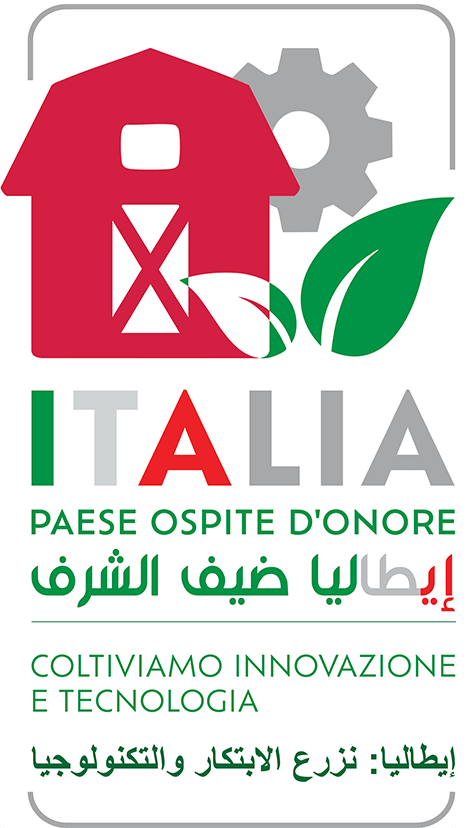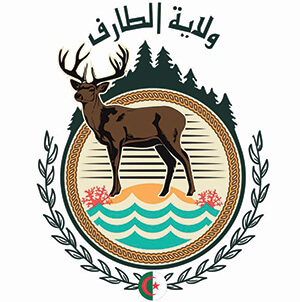The COVID-19 has profoundly changed the socio-economic and sanitary environment in the world and has forced many countries to change their paradigm, especially in the field of food and sanitary security of the populations, both in developed and developing countries. In this context, the trend that is emerging for the future and to go on the one hand, towards more food autonomy or even self-sufficiency or food sovereignty. On the other hand, there is a need to promote and encourage greater food self-sufficiency at the regional level because it is utopian and illusory to want to do so at the national level.
In this perspective, Africa must take advantage of the lessons learned from this global pandemic by encouraging African countries to focus more on food crops as part of a consistent strengthening of family farming while seeking complementarities and synergies at the regional level. Similarly, African countries should be encouraged to process their agricultural products in situ in order to capture more added value and benefit from the creation of skilled jobs. All of the above-mentioned avenues will of course be integrated into a global strategy for the transformation of African agriculture.
In essence, African agriculture should become more resilient to climatic and economic health shocks while aiming for a twofold integration: agro-industrial, in particular through agricultural processing zones (ZTAs), and regional, through the search for complementarity and synergy in the field of food production. In this perspective, Africa must develop its inter-African trade as soon as possible following the ratification of the African Continental Free Trade Area (AfCFTA) in order to be better prepared for future shocks.
Webinar objectives
- Initiate a constructive dialogue and a better understanding among the various stakeholders of the current situation in their respective countries in order to share their visions, strategies, actions taken and expected results.
- Strengthen cooperation on the continent and work towards a common market and continental food security.
- Determine ways of working for each authority at the national, regional and continental levels to increase intra-African trade in agricultural products.
- Emphasize the importance of coordinated work at the regional and continental level.



